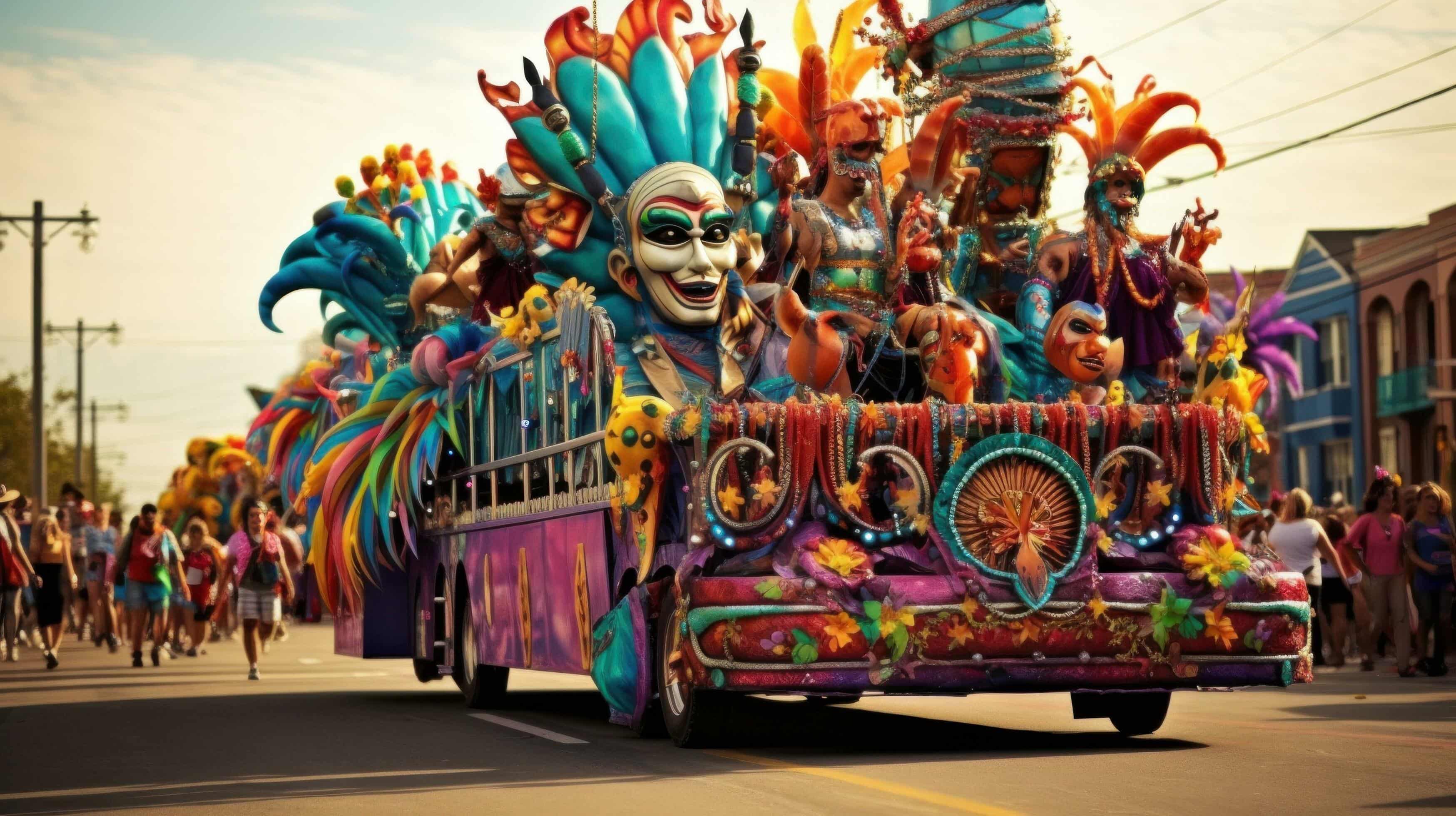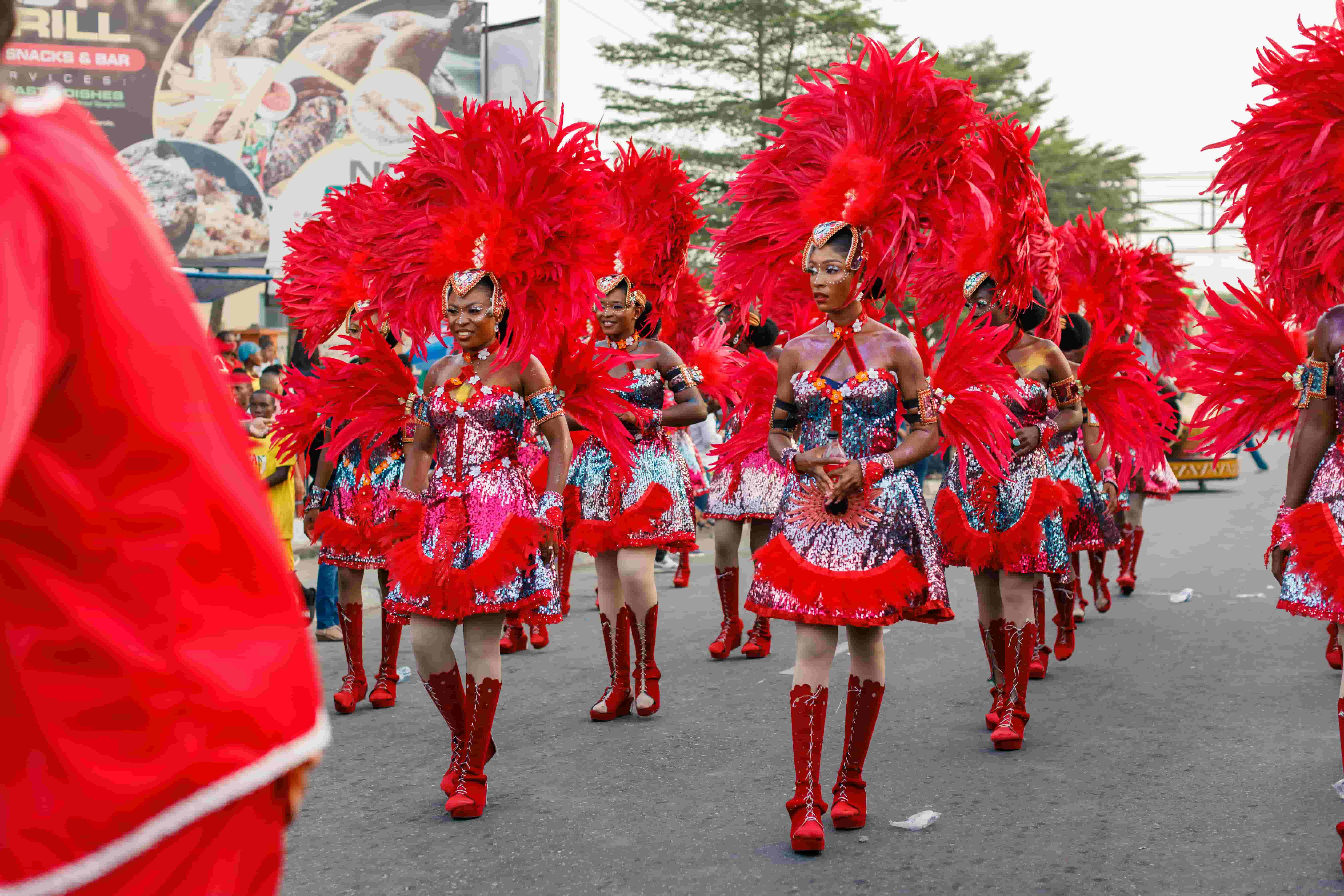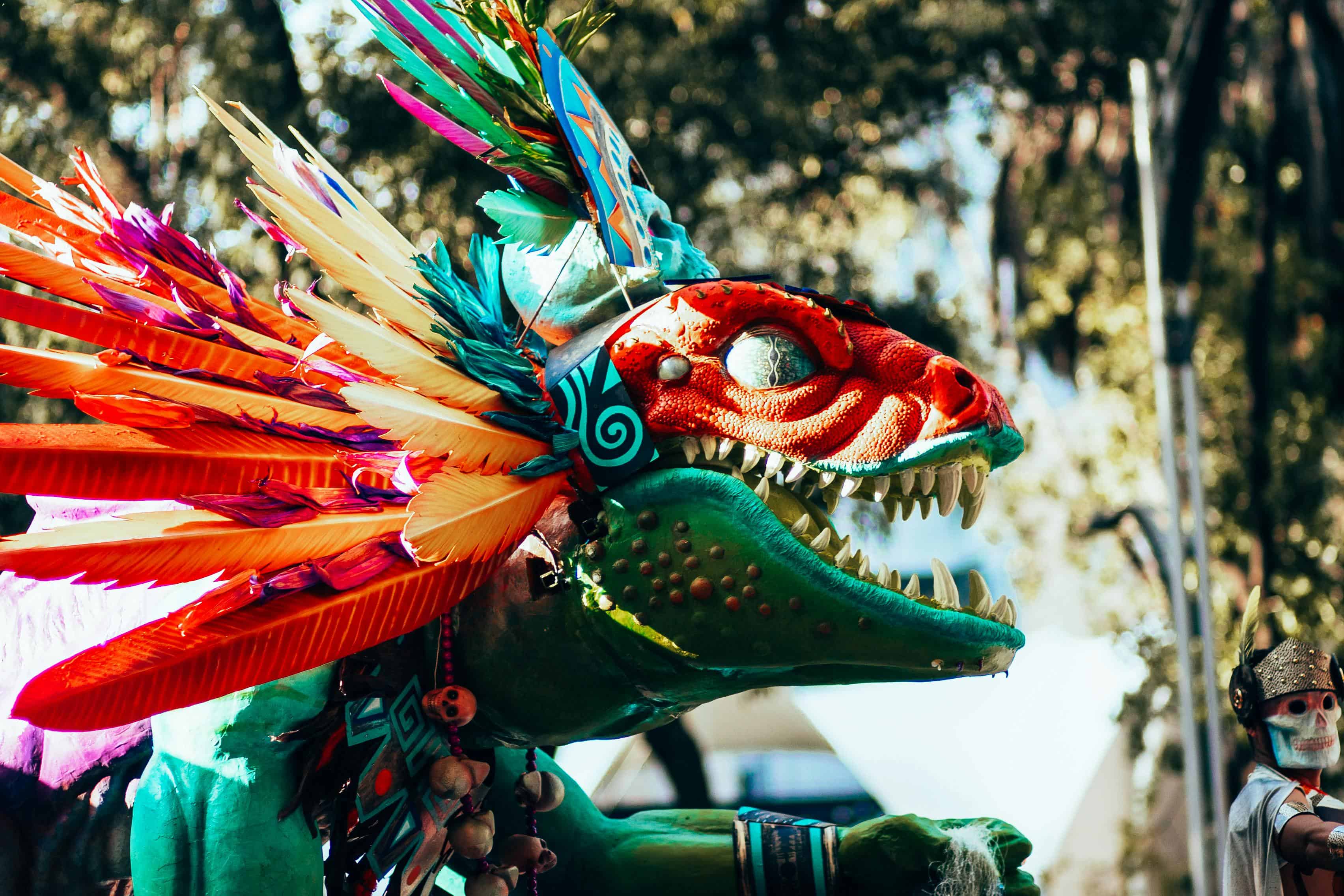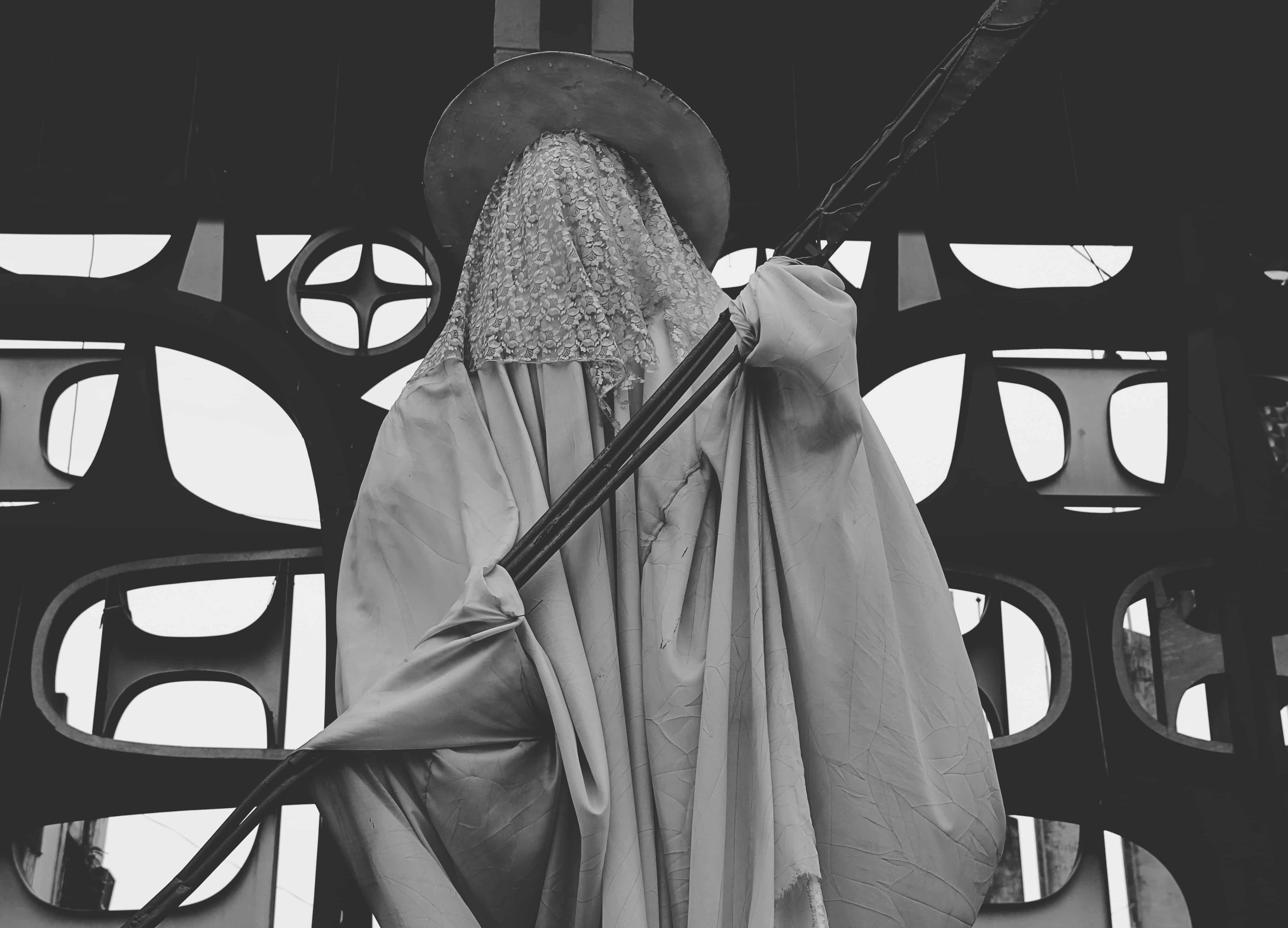Welcome to Journeeo
Nigeria is known for its rich cultural history and wide range of ethnic groups. Each group brings their own traditions, customs, and events to the country’s lively cultural tapestry. Nigerian festivals are an important part of culture because they show the history, art, and social practices of different groups. There are five cultural events in Nigeria that you should not miss. They give you a great look into the country’s rich culture.
1. The Argungu Festival

Big Picture
One of the most well-known and colourful traditional events in Nigeria is the Argungu Festival. This event takes place every year in Argungu, a town in Kebbi State. It’s a big show of traditional fishing, music, dance, and local crafts.
Importance in History
The event has its roots in the 16th century, when it was first held to mark the end of fighting between the Kebbi Kingdom and its neighbouring states. Today, it’s a celebration of peace and togetherness among the area’s many different groups.
Key Points
- Competition for Fishing: The fishing competition at the Argungu Festival is the main event. People use big traps that look like fishnets to try to catch the biggest fish. People from all over the world come to the race, where thousands of fishermen wade into the river to try to catch the biggest fish.
- Cultural Performances: At the event, local groups dressed in bright clothes perform traditional dances, drumming, and singing. People from the area come together to celebrate their culture and learn about their traditional ways of life through these shows.
- Craft Shows: Artists show off their spinning, pottery, and beading skills. People can buy one-of-a-kind homemade goods and learn about traditional methods at the show.
When to Go
In most years, the Argungu Festival takes place in late February or early March. Checking exact times for this year is a good idea because they may be different.
2. The Osun-Osogbo Festival

Big Picture
An important religious and cultural event is held in Osogbo, Osun State, called the Osun-Osogbo Festival. It is a gift to Osun, who is a Yoruba goddess of fertility and one of the gods who live in their world. The event is a lively and important way for the Yoruba to show their religion and culture.
Importance in History
The event has deep roots in Yoruba history and folklore, and it has been held for hundreds of years. It’s a time to honour the goddess Osun, give thanks, and renew the special bond between her followers.
Key Points
- Sacred Grove: A UNESCO World Heritage site, the Osun-Osogbo Sacred Grove is at the centre of the event. People make the trip there during the holiday because they think it is where the goddess Osun lives.
- Prayers and Processions: During the holiday, the Arugba (a virgin girl who holds holy things) and the Olojo (chief priest) lead elaborate processions. People honour Osun and ask for her gifts through traditional ceremonies.
- Interesting Cultural Activities: There will be traditional music, dance shows, and masquerades at the event. These events honour Yoruba customs and give you a full culture experience.
When to Go
In most years, the Osun-Osogbo Festival takes place in August. It’s best to check ahead of time because the dates may change every year.
3. The Calabar Carnival

Big Picture
The Calabar Carnival takes place in Calabar, Cross River State, for a whole month. It is often called Nigeria’s biggest street party. It’s a big draw for tourists and a great way to see Nigeria’s lively cultural scene, thanks to its bright floats, music, and dance.
Importance in History
Calabar Carnival began in 2004 and has become one of the most famous culture events in Nigeria very quickly. Its goal is to bring more tourists to Nigeria and honour the country’s many cultures.
Key Points
- For the Parades: Parades with fancy outfits, music, and dance are a big part of the fair. Different funfair groups fight to show how creative and good at performing they are.
- Music and Fun Things to Do: Top Nigerian and foreign artists perform live at the event, which has a lively mix of music styles from Afrobeat to reggae.
- Exhibitions of Culture: At the funfair, native Nigerian foods, crafts, and ways of life are shown off from different ethnic groups.
When to Go
The Calabar Carnival lasts all of December and ends with a big party on December 31. It’s a busy time to go, so it’s best to book your lodging ahead of time.
4. The Durbar Festival

Big Picture
The Durbar Festival is a cultural event that is held in Kano, Katsina, Zaria, and other places in northern Nigeria. A lot of horsemanship skills, traditional music, and culture shows are shown off.
Importance in History
In the past, when the Hausa city-states were in power, the Durbar Festival was a military parade to celebrate wins and important royal events. It is still an important culture event that shows off the region’s rich history.
Key Points
- Horse Rides: At the event, people dressed in bright costumes show off their horse-riding skills by doing complicated moves.
- Royal Processions: During the holiday, there is often a royal ceremony where traditional leaders and their groups walk through the streets wearing fancy robes and hats.
- Performances of Culture: A big part of the event is traditional music, drumming, and dance acts that show off the Hausa people’s culture.
When to Go
During Islamic holidays like Eid-el-Fitr and Eid-el-Adha, the Durbar Festival is often held. Based on the Islamic calendar, the times are different.
5. The Eyo Festival

Big Picture
Some people call the Eyo Festival the Adamu Orisha Play. It is a cultural event that takes place in Lagos, Lagos State. For the Yoruba people, it is one of the most important traditional events. It is held to honour kings and other important people who have died.
Importance in History
People think that the Eyo Festival started in the 1800s, but its history goes back much further. It is a ceremony and a party to mark the death of a respected Oba and to remember leaders who have died in the past.
Key Points
- Processions: The event is known for its big processions with people wearing masks and long white robes to represent the dead.
- Traditional Drumming and Music: The event has traditional Yoruba drumming, music, and dance, which makes the environment lively and rhythmic.
- Cultural Displays: The Eyo Festival shows off traditional Yoruba art, culture, and traditions, giving people a deep understanding of their history.
When to Go
Lagos hosts the Eyo Festival every year from February to April. Since the times may change, it’s best to check for changes.
Final Thoughts
Nigeria’s culture festivals are a fascinating way to learn about the country’s many traditions and history. Every event in Nigeria, from the lively Argungu Festival to the big Calabar Carnival, is a different way to celebrate the country’s rich culture. By going to these events, you can experience Nigeria’s colourful traditions, music, and art for yourself, making for an unforgettable trip through the country’s cultural scenery.
Because of the weather and the nature of the event, it’s best to wear clothes that are modest and comfortable. People like to wear traditional clothes, especially to culture events like the Eyo Festival and Durbar.
Find out about the festival’s times and location, and make travel and lodging plans ahead of time. It’s also helpful to know the festival’s rules and practices so you can get the most out of it.
In general, these events are safe for people from other countries to visit, but it’s always a good idea to know what’s going on in the area and follow any travel warnings. You will be safer and have more fun if you work with local guides and follow cultural rules.

